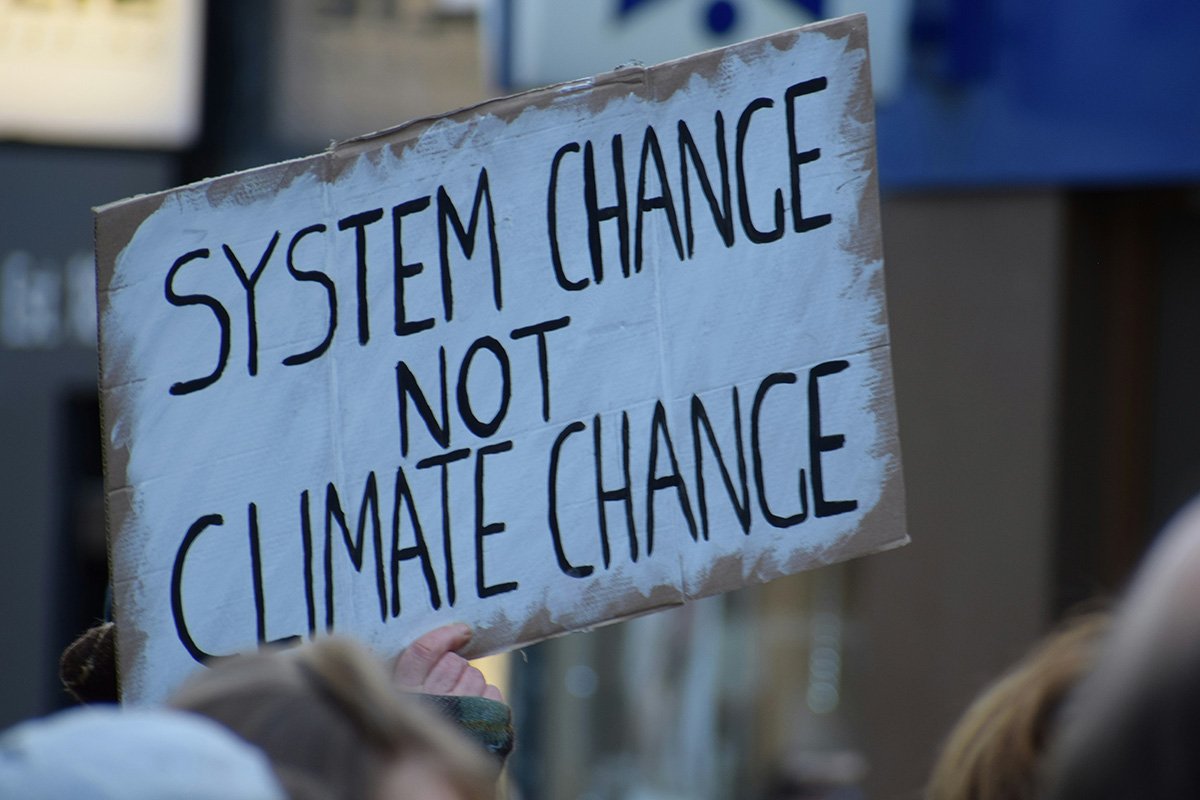
December 13, 2017; Center for Public Integrity
NPQ has been covering the scourge of fraudulent veterans’ charities for years. Most follow the same pattern, using telemarketers to raise millions of dollars with only 5 to 15 percent being ostensibly put towards program/administration. These scams can go on for decades, as in the case of VietNow, and span many states. Lately, states’ attorneys general have begun pursuing these malefactors collaboratively, but many are still functioning.
A lengthy article published yesterday by the Center for Public Integrity takes on the investigation of another veterans’ charity in Circle of Friends for American Veterans, run by Brian Arthur Hampton. The so-called charity is dependent on funds raised from telemarketers—in this case, an outfit called Outreach Calling, which is in turn run by a man that the New York attorney general’s office says it has banned for life from fundraising in New York.
Now, in a bit of a twist, Hampton has started a separate nonprofit claiming to be unrelated to the charity he runs. This one, the Center for American Homeless Veterans, is a 501c4 purporting to advocate for veterans. Out of the $1.5 million raised for the organization, telemarketers pocketed $1.3 million. There is little, as one might imagine, left for veterans’ programming.
Between the two, Hampton made $340,126 in 2015—and he runs them both out of his apartment. According to 2016 tax year IRS Form 990 filings made by the two nonprofits, Hampton works 35 hours a week for the 501c3 and 40 hours a week for the 501c4.
Sign up for our free newsletters
Subscribe to NPQ's newsletters to have our top stories delivered directly to your inbox.
By signing up, you agree to our privacy policy and terms of use, and to receive messages from NPQ and our partners.
This is at heart a torturously familiar story, albeit with some sordid twists. But, what makes this case different is that the enterprising Hampton is using a 501c4 as well as a 501c3, and apparently is not alone in doing so.
Brendan Fischer, director of the federal and FEC reform program at the Campaign Legal Center, said he hasn’t seen fundraisers in the charity realm moving into the largely unregulated world of political action committees, but it makes sense.
“I wouldn’t be surprised if opportunists, if fundraising opportunists, are seeing…PACs as a new way to make money off of unsuspecting, well-intentioned donors,” he said.
It’s also infuriating that other trusted veterans’ organizations have opted not to speak out about the fraud that so deeply infects their field. The Center for Public Integrity reports that both the American Legion, which bills itself as the “nation’s largest wartime veterans service organization,” and a spokesperson for Veterans of Foreign Wars’ national headquarters declined to comment on Hampton’s practices. That kind of ethically bankrupt stance is not only reprehensible but entirely self-defeating, especially in the face of this branching off into suspicious nonprofits.—Ruth McCambridge










